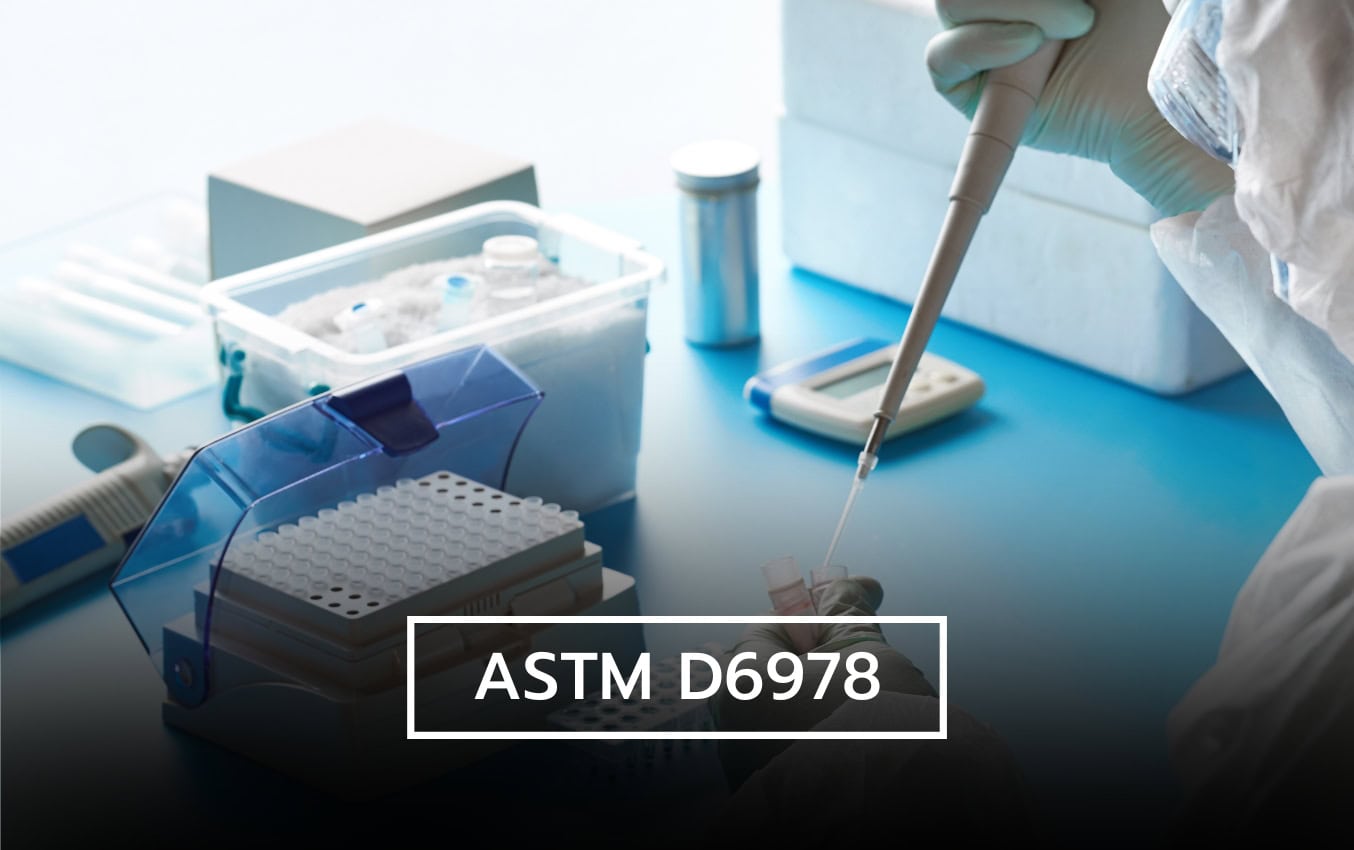ASTM D6978, created by the American Society for Testing and Materials (ASTM), sets the standard for evaluating protective clothing’s ability to resist liquid chemical penetration. This crucial guideline ensures workplaces like hospitals and factories uphold safety measures by utilizing protective gear that meets stringent criteria for chemical resistance. In this article, we research into the significance of ASTM D6978 in safeguarding workers against hazardous substances and maintaining workplace safety.
What is ASTM D6978?
Definition and Purpose
Your workplace safety relies on the proper utilization of protective clothing, such as gloves and coveralls, following the guidelines laid out in ASTM D6978. This standard, created by the American Society for Testing and Materials (ASTM), evaluates the ability of protective clothing materials to resist penetration by liquid chemicals, ensuring worker protection against hazardous substances.
Overview of the Standard
Any workplace with potential chemical hazards must adhere to the rules outlined in ASTM D6978 to guarantee the efficacy of protective clothing. This standard sets specific tests and criteria to assess the resistance of protective garments, like gloves, coveralls, and aprons, against chemical permeation, reducing the risk of harm to workers.
For instance, ASTM D6978 encompasses a broad range of protective apparel used in various industries, such as healthcare and manufacturing. By providing specific requirements and testing methods, this standard ensures the reliability and effectiveness of protective clothing, enhancing workplace safety and mitigating risks posed by chemical exposure.
How Does ASTM D6978 Affect Gloves?
Testing Resistance to Chemical Permeation
Any gloves that adhere to ASTM D6978 undergo specific tests to determine their ability to resist penetration by liquid chemicals. This ensures that the gloves effectively prevent chemicals from seeping through and causing harm to the wearer.
Ensuring Performance Criteria
Permeation testing under ASTM D6978 guarantees that protective gloves meet rigorous performance criteria, including breakthrough detection time. This provides assurance of their ability to safeguard against chemical exposure, thus enhancing workplace safety by minimizing the risk of chemical-related injuries or illnesses among workers.
Performance criteria for gloves under ASTM D6978 are crucial in maintaining workplace safety. By adhering to these standards, manufacturers can develop gloves that effectively protect against chemical hazards, ensuring the reliability of protective gear in various industries such as healthcare and manufacturing. This dedication to meeting performance criteria ultimately contributes to a safer work environment and reduces the potential for occupational hazards.
What Other Products Does ASTM D6978 Cover?
Protective Clothing Beyond Gloves
One crucial aspect of ASTM D6978 is its coverage of a variety of protective clothing beyond gloves, including coveralls, aprons, and other garments designed to shield individuals from chemical hazards. This standard ensures the effectiveness of protective apparel used in industries like healthcare, manufacturing, and research laboratories.
Industries Affected by the Standard
For industries where workers are exposed to chemical hazards, adherence to ASTM D6978 is crucial for ensuring occupational safety and mitigating risks. The standard covers a broad range of protective clothing used in diverse sectors such as healthcare settings, industrial facilities, and research laboratories.
It is particularly important in healthcare settings, where protection against chemical exposure is vital for the safety of both medical professionals and patients. The standard’s subsection testing products for effectiveness against Fentanyl Citrate and Chemotherapy highlights its significance in the medical field.
Where Does ASTM D6978 Matter?
Environments Exposed to Chemical Hazards
To ensure workplace safety in environments exposed to chemical hazards, adherence to ASTM D6978 is vital. This standard is crucial in healthcare settings, industrial facilities, and research laboratories, where workers face potential risks from exposure to hazardous substances.
Importance in Healthcare Settings
An crucial aspect of ASTM D6978 lies in its significance within healthcare settings. With a subsection specifically testing products’ effectiveness against Fentanyl Citrate and Chemotherapy, this standard plays a critical role in ensuring the safety of medical professionals and patients alike.
This ensures that protective clothing used in healthcare, like gloves and coveralls, meet stringent requirements for safeguarding against chemical hazards, ultimately minimizing the risk of injuries or illnesses related to chemical exposure.
Is ASTM D6978 an International Standard?
After discussing the significance of ASTM D6978 in ensuring workplace safety, the question arises: Is ASTM D6978 an International Standard? Recognition and Adoption Worldwide.
Recognition and Adoption Worldwide
For industries where chemical safety is paramount, ASTM standards are widely recognized and utilized internationally, even though the American Society for Testing and Materials (ASTM) is US-based. Countries may reference ASTM standards in their own regulations and guidelines, showcasing the global impact of ASTM D6978.
Equivalent Standards in Other Countries
One necessary aspect to consider is the presence of equivalent standards in other countries. While ASTM standards are widely adopted in the United States, other countries may have their own equivalent standards for testing protective clothing against hazardous substances. However, these countries may still rely on ASTM standards or incorporate them into their regulatory frameworks.
To ensure consistency and effectiveness in protecting workers from chemical hazards, international collaboration and alignment of standards are crucial. Organizations and industries worldwide may need to consider how their own standards harmonize with ASTM guidelines to enhance global occupational safety.
With these considerations, it is evident that ASTM D6978 plays a critical role in ensuring the safety and protection of workers in various industries exposed to hazardous chemicals. By providing standardized guidelines for testing the effectiveness of protective clothing, such as gloves and coveralls, ASTM D6978 ensures that workers are shielded from potential chemical hazards. Adherence to this standard not only safeguards against chemical exposure but also enhances workplace safety, ultimately minimizing the risk of injuries and illnesses among employees. It is clear that ASTM D6978 is a crucial framework for maintaining occupational safety and mitigating risks in hazardous work environments.
